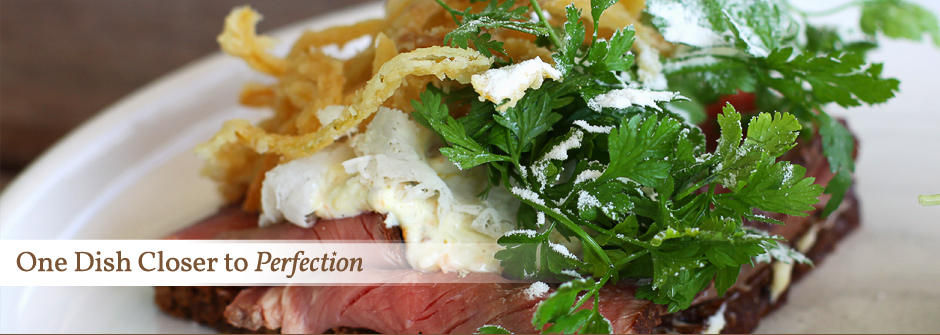Margaret Visser on the socio-cultural significance of food
 Tuesday, January 25, 2011 at 10:21PM
Tuesday, January 25, 2011 at 10:21PM "Food is "everyday" - it has to be, or we would not survive for long. But food is never just something to eat. It is something to find or hunt or cultivate first of all; for most of human history we have spent a much longer portion of our lives worrying about food, and plotting, working, and fighting to attain it, than we have on any other pursuit. As soon as we can count on a food supply (and so take food for granted), and not a moment sooner, we start to civilise ourselves. Civilisation entails shaping, regulating, constraining, and dramatizing ourselves; we echo the preferences and the principles of our culture in the way we treat our food.
...
Food - what is chosen from the possibilities available, how it is presented, how it is eaten, with whom and when, and how much time is allotted to cooking and eating it - is one of the means by which society creates itself and acts out its aims and fantasies. Changing (or unchanging) food choices and presentations are part of every society's tradition and character. Food shapes us and expresses us even more definitively than our furniture or houses or utensils do.
Visser, M. (1986) Much Depends On Dinner: The Extraordinary History and Mythology, Allure and Obsessions, Perils and Taboos, of an Ordinary Meal. New York: Grove Press.
 Vix |
Vix |  Post a Comment |
Post a Comment |  Quotes
Quotes 
Reader Comments